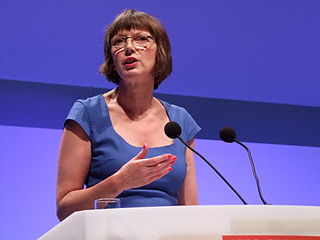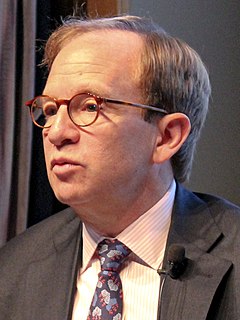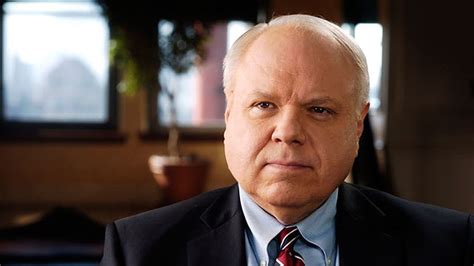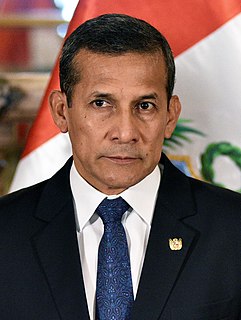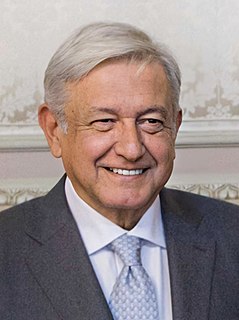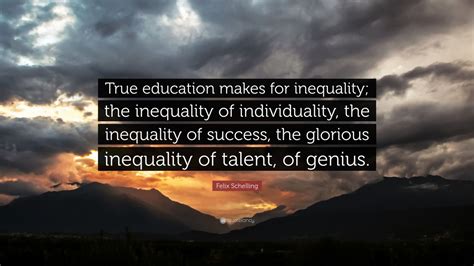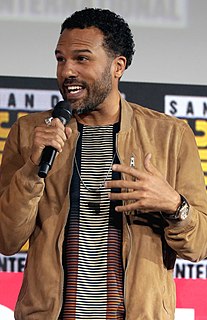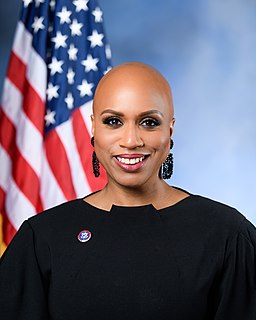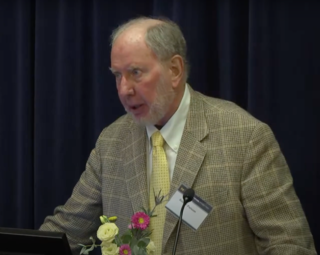Top 1200 Economic Inequality Quotes & Sayings
Explore popular Economic Inequality quotes.
Last updated on April 14, 2025.
The growing inequality of wealth and income distribution is both a moral and economic problem. If the wealthy are unwilling to pay more taxes, then this is going to lead to spending cuts. And if you put off the table things like national defense, then you're going to end up cutting more and more out of programs that aid the poor. So, I think there are consequences to this idea that tolerance for inequality requires us to - to just do nothing to make the wealthy contribute a higher share of resources to fund the government.
Most people believe that inequality is rising - and indeed it has been rising for a while in a number of rich countries. And there is lots of talk and realization of this. It's harder to understand that at the same time, you can actually have global inequality going down. Technically speaking, national inequality can increase in every single country and yet global inequality can go down. And why it is going down is because very large, populous, and relatively poor countries like India and China are growing quite fast.
This kind of inequality - a level that we haven’t seen since the Great Depression - hurts us all. When middle-class families can no longer afford to buy the goods and services that businesses are selling...it drags down the entire economy from top to bottom. America was built on the idea of broad-based prosperity... That’s why a CEO like Henry Ford made it his mission to pay his workers enough so that they could buy the cars he made. It’s also why a recent study showed that countries with less inequality tend to have stronger and steadier economic growth over the long run.
We in America were worried about many problems dealing with economic inequality and political inequality. The Communist Party seemed to be the only political force, both concerned and willing, to take action to stop the threat of fascism abroad and to work for economic and political reform in this country.
We should condemn as unjust a global economic order that leads to ever-increasing economic disparities - provided this effect is foreseeable and provided it is also avoidable through some alternative institutional design that would foreseeably lead to much less poverty and inequality. Those involved in designing or imposing the existing rules are collectively responsible for the resulting excess deprivations and human rights deficits.
Unequal Democracy is the sort of book to which every political scientist should aspire--it is methodologically rigorous, conceptually serious, and above all, it addresses urgent concerns of our fellow citizens. As Bartels shows, much of what we think we know about the politics of economic inequality is dead wrong. Bartels's perplexing and often unexpected discoveries should help refocus the gathering public debate about inequality and what to do about it.
In the U.S. when people like me started writing things about inequality, the economic journals had no classification for inequality. I couldn't find where to submit my inequality papers because there was no such topic. There was welfare, there was health issues, there was trade obviously. Finance had hundreds of sub groups.


